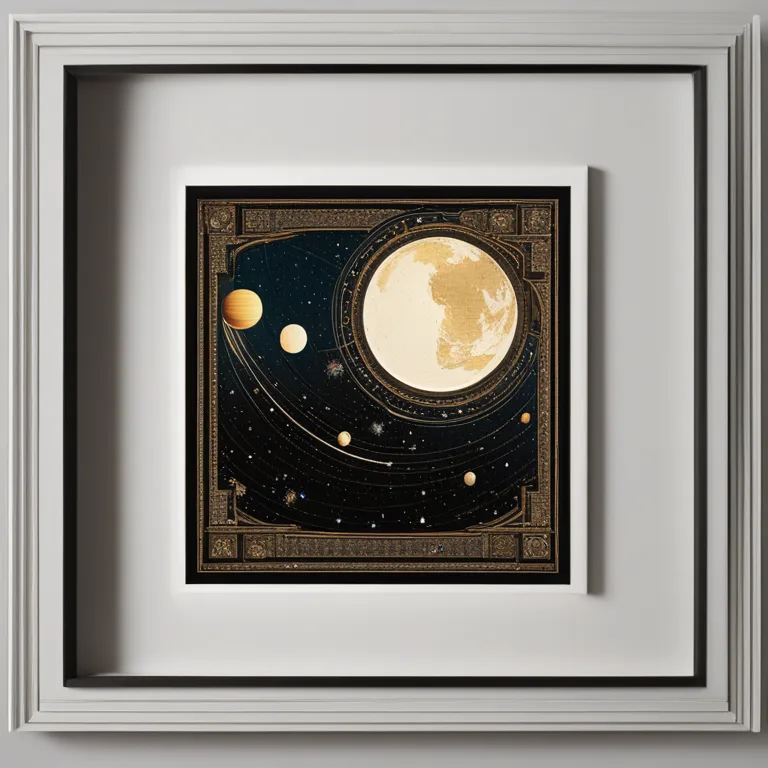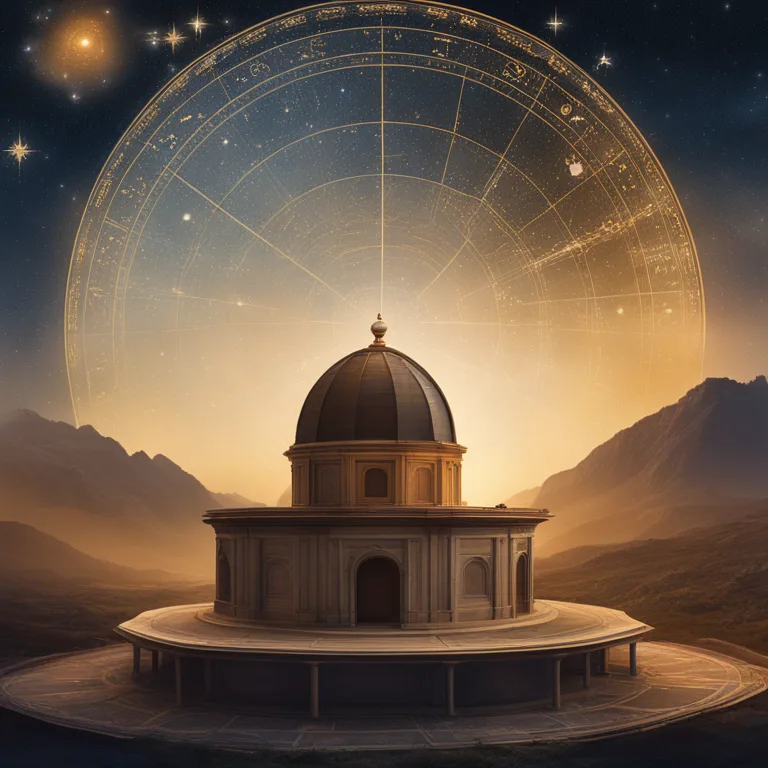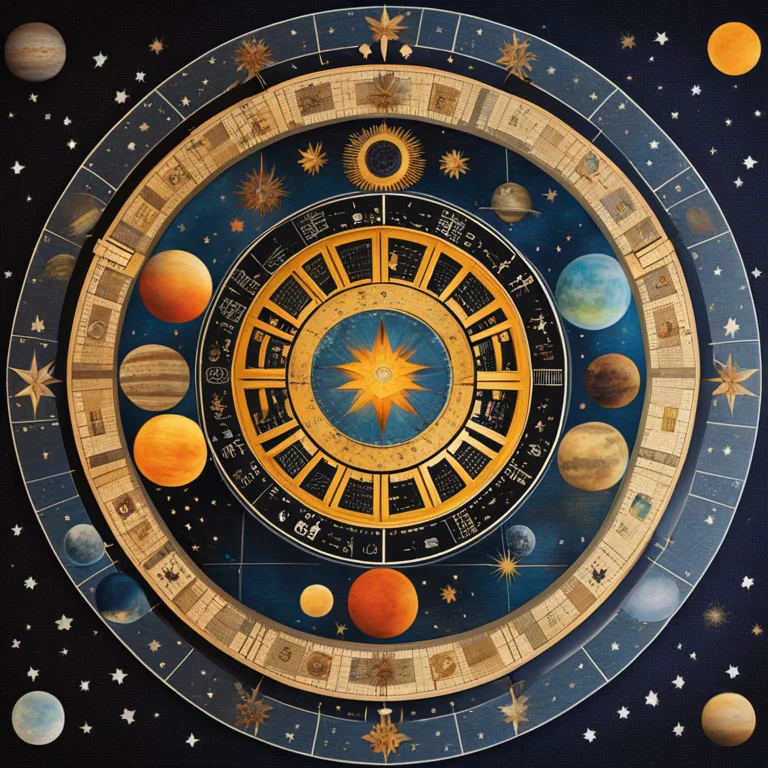
Astrology vs Astronomy: A Celestial Comparison
Delve into the distinctions between astrology and astronomy, two cosmic fields that intertwine in history and diverge in practice.
article by Priya Deshmukh
A Tale of Two Cosmos
Astrology and astronomy may sound similar, both rooted in the human fascination with the heavens, yet they stand on different grounds. Astronomy is a science steadfastly focused on the study of celestial objects, phenomena, and the universe's physical laws. Through advanced technology, astronomers peer into the cosmos to uncover the workings of stars, planets, galaxies, and the broader universe. Astrology, in contrast, embodies a more mystical pursuit, connecting human experiences with the alignment and movements of celestial bodies. It is an ancient belief system suggesting that the positions of the stars and planets at the time of one's birth can influence personality and life events.

Historical Intersections
In historical retrospect, astrology and astronomy were once a singular scholarly pursuit. Ancient civilizations, from the Babylonians to the Greeks, observed the stars to predict seasonal changes and navigate the seas. This celestial scholarship aimed at survival soon evolved into astrological interpretations, with the belief that the heavens influenced Earthly affairs. However, the enlightenment era and the advent of the scientific method brought about a distinct schism. As rigor and reproducibility became the cornerstones of legitimate study, astronomy emerged as a pure science. Astrology, unable to withstand the same scrutiny, branched off into a more esoteric and interpretative discipline.

A Scientific Endeavor
Modern astronomy operates with empirical evidence and theories anchored in physics. It benefits from high-tech telescopes, space probes, and computational models to explore unanswered questions about the universe's creation, structure, and eventual destiny. Astronomers seek to answer the most profound questions such as the existence of extraterrestrial life, the nature of black holes, and the mysteries surrounding dark matter. Their work is peer-reviewed, replicable, and constantly adjusting to new discoveries. Astronomy's rigor makes it a critical pillar of space exploration and our understanding of the cosmos's mechanics.

The Zodiac and Beyond
Meanwhile, astrology endures as a symbolic language. Horoscopes, an astrological staple, offer forecasts based on zodiac signs, which arise from dividing the ecliptic into twelve segments named after constellations. For 2024, for instance, Jupiter's transit into Aries starting in May might signal bold beginnings, while the Saturn shift into Pisces could denote a period of reflection. Astrology enthusiasts seek personal insights from birth charts and compatibility readings. Despite the skeptical view of the scientific community, the allure of astrology thrives in popular culture, where it serves as a tool for introspection and entertainment.

Cosmic Commonalities and Conflicts
Astrology and astronomy intersect in their use of planetary and stellar positions, yet their methodologies couldn't be more divergent. Where astrology interprets celestial alignments as omens or signs, astronomy views them as objects for analysis and understanding. This divergent interpretation has been a source of contention, with astronomers criticizing astrology for lacking empirical support. Nevertheless, astrology's popularity suggests that the narratives woven from the stars have a psychological resonance that endures across cultures and eras.
Stargazing into the Future
Looking beyond 2024, both astronomy and astrology will continue to captivate human interest. Astronomy will undoubtedly unveil more cosmic secrets with next-generation telescopes and space missions. Astrology, adapting to new generations, finds a place in digital media, from apps to online readings. While operating on different planes—one empirical, one interpretative—they both cater to humanity's innate desire to find meaning and answers in the vast, starry sky.
Published: 12/29/2023
Modified: 12/29/2023
More predictions
Come back here soon to learn more about yourself and your future


Asteroids & A Birth Chart: Cosmic Insights
Delve into the role of asteroids in astrology and discover how these celestial bodies influence your birth chart and personal journey.


Birth Chart & Predicting Marriage
Discover the potential of birth charts in forecasting matrimonial bliss and partnerships, with a cosmic lens on future commitments.


The Power of Biorhythms: A Guide
Delve into the significance of your birth chart to comprehend your astrological imprint and personal destiny as written in the stars.